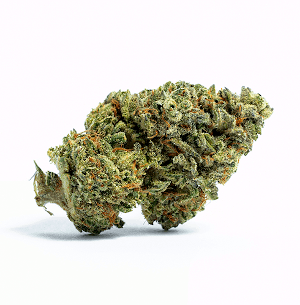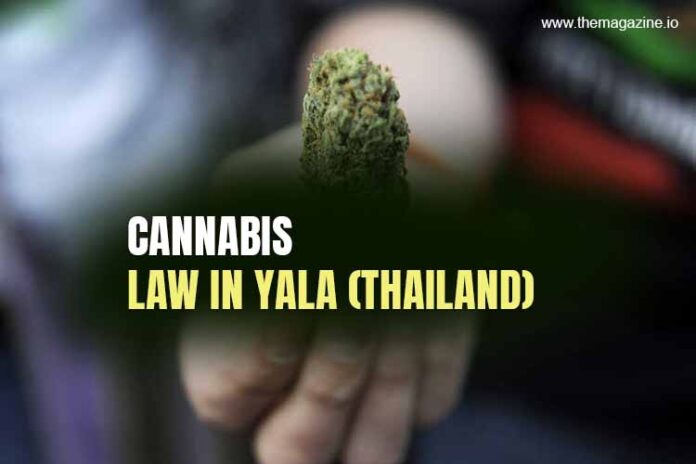Cannabis Law in Yala, Thailand
Thailand, a country renowned for its rich cultural heritage and natural beauty, has recently undergone significant changes in its approach to cannabis laws. These changes have affected various provinces, including Yala, located in the southern part of the country. While Thailand has made strides in reforming its cannabis regulations, it’s essential to remember that laws can evolve, so it’s crucial to rely on current and reliable sources for accurate information.
Historical Context: Traditional Uses and Prohibition
Cannabis, known locally as “ganja,” has a long history in Thailand, with traditional uses in medicine, culture, and spirituality. However, shifting global attitudes and international pressures led to the prohibition of cannabis in the country. For decades, possession, cultivation, and trafficking of cannabis were strictly prohibited, resulting in legal repercussions for those found in violation of these laws.
Progressive Change: Medical Cannabis Legalization
In 2018, Thailand gained international attention by becoming the first Asian nation to legalize medical cannabis. The decision was driven by a recognition of cannabis’s potential medical benefits and the desire to tap into the economic opportunities presented by the emerging cannabis industry. This shift in policy prompted the establishment of the Medical Marijuana Institute to oversee the research, cultivation, and distribution of medical cannabis products.
Recreational Use and Legal Standing in Yala
While medical cannabis legalization marked a significant advancement, the recreational use of cannabis remained illegal in Thailand, including in the province of Yala. The possession, sale, and use of cannabis for non-medical purposes continued to carry legal penalties. The government approached recreational use cautiously, taking into account concerns about potential public health and societal implications.
Yala’s Role: Applying Provincial Laws
Yala, like other provinces in Thailand, followed the national framework for cannabis laws. While there might be some variations in local regulations, the fundamental legal principles were consistent across the country. This meant that medical cannabis was permitted for therapeutic purposes under specific guidelines, while recreational use remained prohibited.
Laws Regarding Possession, Cultivation, and Trafficking
As of my last update in September 2021, laws concerning possession, cultivation, and trafficking of cannabis in Thailand were governed by the Narcotic Act. Violations of these laws could lead to fines, imprisonment, or both, depending on the severity of the offense. Enforcement of these laws was rigorous, underscoring the importance of adhering to the legal framework.
Cannabis and Tourism: Awareness for Travelers
Yala, like many Thai provinces, is a destination for both local and international travelers. It’s crucial for visitors to familiarize themselves with local laws and regulations concerning cannabis. Foreign travelers caught in possession of cannabis, even in small quantities, could face severe legal consequences, including deportation, fines, or imprisonment. Understanding and respecting local regulations is essential to ensure a safe and enjoyable experience in the province.
Looking Forward: Evolving Policies
Cannabis law in Yala Thailand’s approach to cannabis has undergone significant evolution, particularly with the legalization of medical cannabis. While the country has embraced this reform, it has maintained strict control over recreational use. The ongoing research and development of medical cannabis products reflect the government’s commitment to exploring the potential benefits of cannabis in healthcare.
In conclusion, Yala and Thailand have experienced substantial changes in their cannabis laws, especially with the legalization of medical cannabis. Nonetheless, recreational use remains prohibited, and it’s essential to comprehend and respect the laws to ensure a safe and enjoyable stay within the province.



